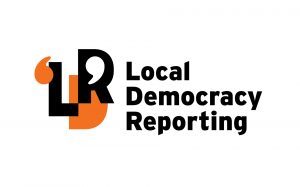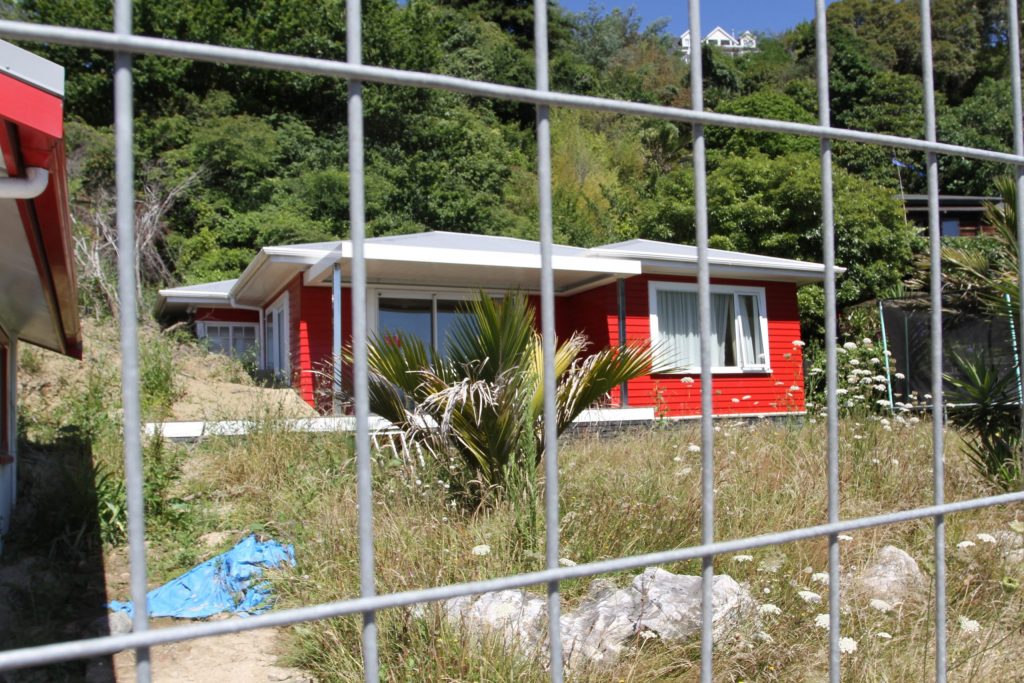 Hazard mapping is one tool used to determine if a property can be insured, but it’s not the only factor that’s considered, the national insurers’ body says
Hazard mapping is one tool used to determine if a property can be insured, but it’s not the only factor that’s considered, the national insurers’ body says
By Max Frethey, Local Democracy Reporter

Homebuyers are advised to do their due diligence about the risks facing a property before purchasing. Photo: Max Frethey
The assertion comes after Nelson City’s Council’s proposed hazard susceptibility overlays were alleged to have had a ‘chilling effect’ on the city’s property market by preventing properties from being insured.
Kris Faafoi, chief executive of the Insurance Council of New Zealand, says that hazard susceptibility overlays are just one factor that insurers consider when assessing risk.
Insurers have built up an understanding of risk over many decades in regions like Nelson through their own models and claims data, and information from both councils and natural hazard modelling companies, in addition to hazard overlay mapping, he says.
A property’s age and how well it’s maintained can also determine which conditions insurers apply to a property.
“Even with the same information, insurers will make their own decisions depending on their own risk appetite,” Faafoi says.
“The most common measure is premium loadings or increased excesses for particular hazards. Far less common is excluding a natural hazard or declining cover all together. There is no standard approach across all companies.”
He adds that the impact of significant weather events, such as Nelson’s August 2022 storm event and the extreme North Island weather events of early 2023, have seen insurers adjust their understanding of the risks faced in affected regions.
“New Zealand is among the most vulnerable countries in the world to natural disasters including earthquakes and flooding.”
The Insurance Council is seeking a coordinated approach, led by the Government, to address the country’s vulnerability to natural hazards and build resilience.
“By working with central government, councils and others as part of a New Zealand-wide approach, it helps send the right signals to global reinsurers that as a country we are reducing risk to ensure insurance is affordable and accessible.”
Coupled with insurance hurdles, some parts of the city are seeing properties decrease in value.
Quotable Value (QV) supplies Nelson City Council with the rating values it uses to set rates.
The company is currently undertaking Nelson’s 2024 revaluation.
Preliminary figures show that values across most of the city are sitting at an average of between 5 and 12 per cent below the 2021 valuation, which was completed near the market peak.
But some cases, particularly in the Tāhunanui Slump zone and other areas susceptible to landslides and floods, are seeing “more substantial” falls in value as buyers respond to the effects of the August 2022 storm event.
“Buyers are nervous about the risks of future events, and are either reluctant to buy in these locations, or wanting to discount properties to reduce their risk,” says Craig Russell, QV’s Nelson/Marlborough manager.
“This is having a major impact for some properties, with the ability to gain insurance being a major factor.”
Russell says that obtaining full insurance cover is proving challenging in locations where there an increased risk, both real and perceived.
“Immediately following an extreme weather event … we typically see the market discount the properties and areas most affected.
“As time passes, however, the market tends to forget and values return in line with the rest of the market.”
Russell says that property values returning to reflect the general market typically occur over a short timeframe in a rising market and may take longer in a falling market.
Properties’ Earthquake Commission claim history are now also publicly available online and are adding to buyers’ wariness when purchasing properties, he adds.
“The ability to gain insurance now and in the future should be front and centre when making an offer.”
Both the Insurance Council and QV recommend that homebuyers do their due diligence and understand the risks that face a property before buying.







